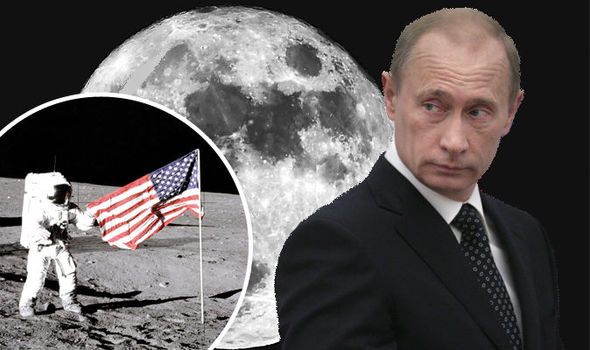Russia fails in its first attempt to land on the moon. Putin is determined to achieve it.

Russia’s Lunar Mission Ends in Failure, Luna 25 Crashes on the Moon, so Russia fails in its first attempt to land on the moon.
Disastrous Outcome for Russia’s Lunar Venture
Russia’s much-anticipated lunar mission, marking its first lunar endeavor in decades, has concluded in a disappointing disaster. Luna 25, the spacecraft at the center of this ambitious mission, has tragically crashed into the moon’s surface. This unfortunate incident has dealt a significant blow to Russia’s space exploration ambitions.
Loss of Contact Marks the Turning Point
The critical moment came when Roscosmos, Russia’s esteemed space agency, reported an abrupt loss of communication with Luna 25, leaving space enthusiasts and experts alike bewildered. This interruption in contact ultimately spelled doom for the mission.
Orbital Deviation: What Went Wrong?
Initial assessments point towards a perplexing orbital deviation as the mission’s downfall. Luna-25 veered from its meticulously planned trajectory, resulting in a catastrophic collision with the moon. The exact cause of this deviation remains shrouded in uncertainty, necessitating a comprehensive investigation.
Emergency Situation Unfolds Russia fails in its first attempt to land on the moon
Adding to the complexity of the mission, Luna-25 encountered an “emergency situation” while attempting to enter a pre-landing orbit. Roscosmos disclosed this critical issue, revealing that it thwarted Luna-25’s ability to execute its intended maneuver.
The Mission’s Ambitious Goals
Originally designed to execute Russia’s first lunar landing mission in almost five decades, Luna-25 carried the weight of high expectations. The spacecraft embarked on its journey from the Vostochny Cosmodrome, aiming to unlock the secrets of the moon’s composition and its tenuous lunar exosphere.
A Long Road Ahead for Russia’s Space Program
The failure of Luna-25 is a significant setback for Russia’s civil space program, which has long grappled with quality control, corruption, and funding issues. This mission was seen as a potential turning point for Roscosmos, and its failure has stirred sympathy and reflection within the global space community.






